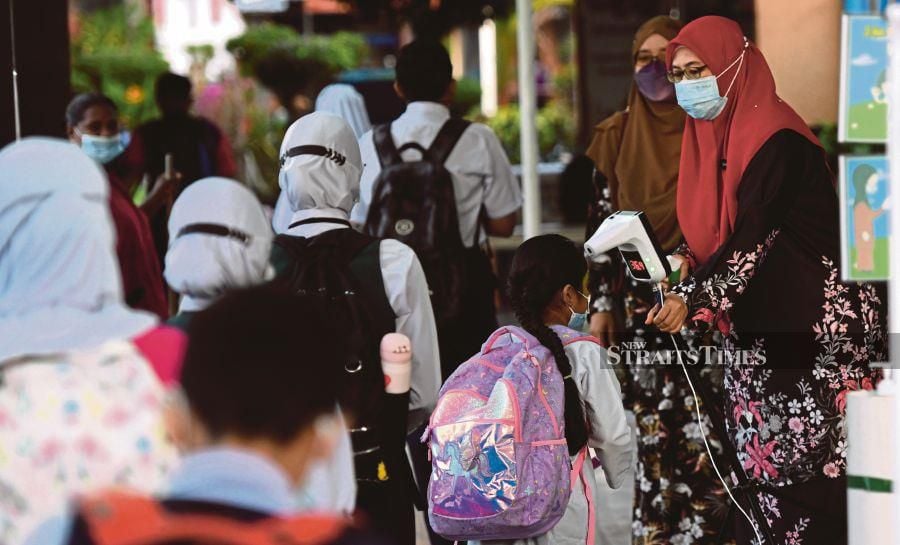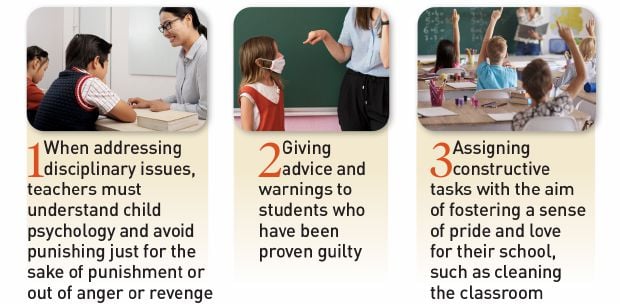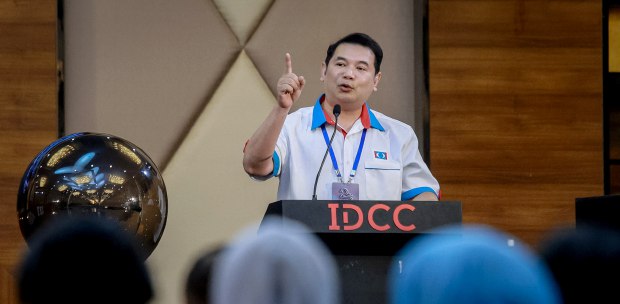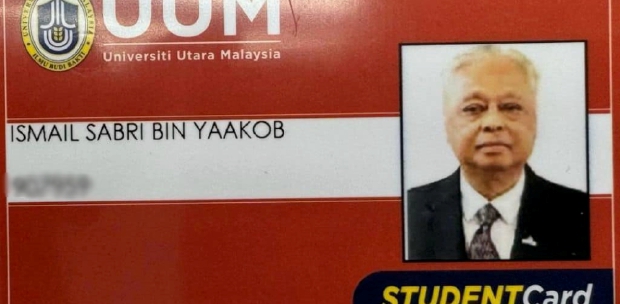KUALA LUMPUR: Without clear guidelines, the decision to allow teachers to get involved in politics could lead to schools becoming battlegrounds for political parties, causing tension among teachers and students.
Experts believe that while the move can help instil political awareness in youth, it can also see educators tempted into swaying students to their own political beliefs and neglecting their core duties.
Universiti Utara Malaysia political analyst Professor Dr Mohd Azizuddin Mohd Sani said teachers' involvement in politics could increase political literacy, potentially equipping students with lessons on voting, knowledge on policies, social issues and current events.
This, he said, would broaden their perspective, produce informed voters and prepare them for political participation to contribute to democracy.
"This (government's announcement) could be related to the Undi18 movement (setting the minimum voting age to 18). It would be a challenge to increase political education in schools if teachers are not allowed to be involved in politics.
"The government had to make some changes in the country's education system to allow political education in the primary and secondary school level that would prepare students for voting or getting involved in politics once they reach age 18," he said.
However, he cautioned that there must be rules and regulations clearly dictating what could and could not be allowed for teachers in politics, especially those who were office-bearers, as the implications ran deep.
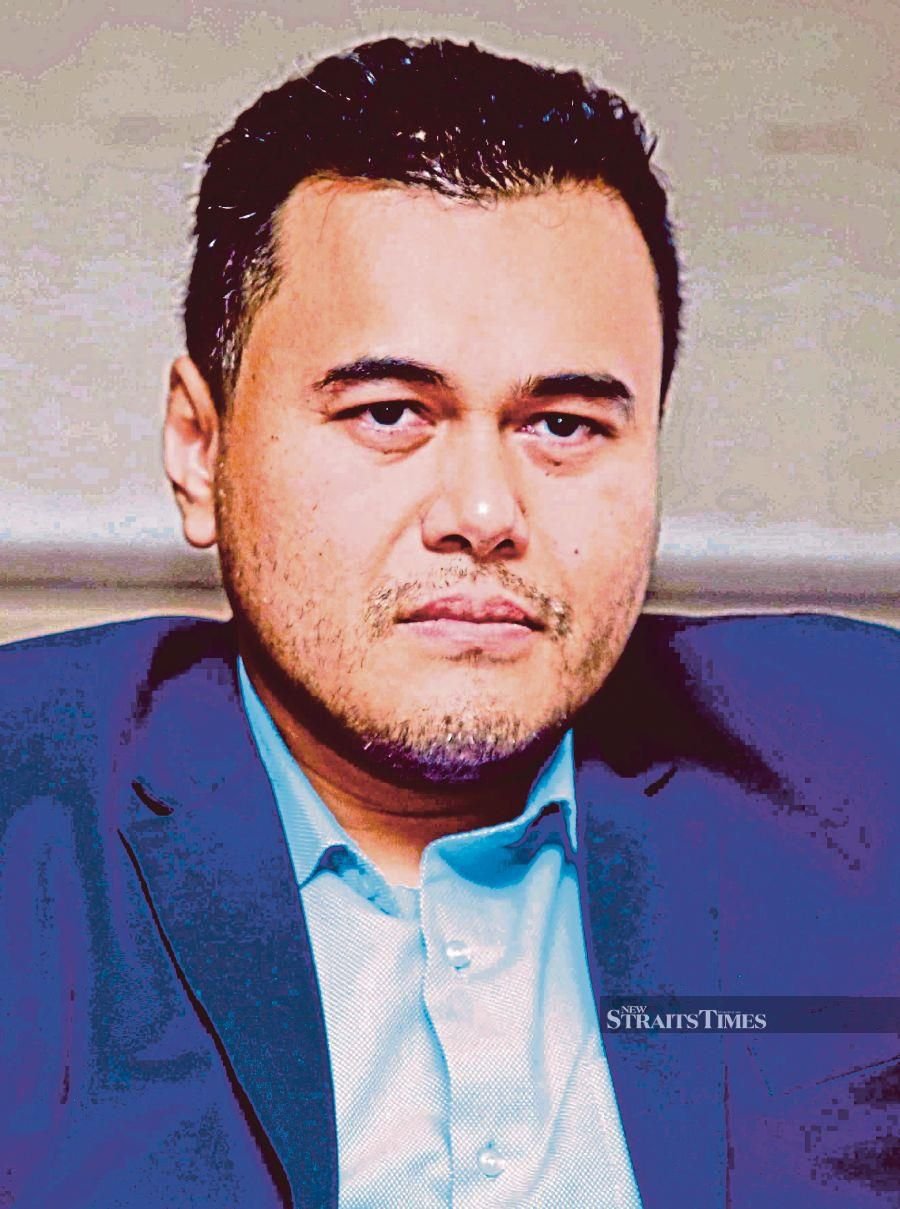
"We do not want schools to suddenly become a place of rivalry or battleground for political parties to get new recruits, creating tension among teachers and students due to their political affiliation, and distracting teachers from their core role," he told the New Straits Times.
He said teachers could serve as agents of political influence, where there was a possibility of students being lured into adopting a certain political ideology or belief, thus affecting voting behaviour.
"Looking back at history, school teachers have been the backbone of political parties as they were the intellectuals before we had lecturers' involvement.
"They were instrumental in persuading students to fight against the colonial power, the British. I believe teachers today will have the same kind of tendency to influence students.
"The question is what kind of politics will they bring (into a classroom or school)? They could persuade or force students to become involved in their political parties or they can be more open to encouraging students to decide for themselves."
Sociopolitical analyst Associate Professor Dr Awang Azman Awang Pawi said the move to allow teachers to get involved in politics to mobilise conservative political forces seemed to be more in favour of Barisan Nasional.
The Universiti Malaya Centre for Democracy and Election Studies research fellow said the move was in line with the implementation of Undi18, which took effect on Dec 15 last year.
"It is, however, feared that teachers' political ideologies would spread to prospective Undi18 voters and (voting) may become unbalanced due to influence.
"It can also create conflict when political ideologies clash in schools.
"Therefore, there should be clear guidelines so that teachers, schools, administrators, students get more benefits (from this move) and prevent any issues and controversy in the future."
Dr Awang Azman said although the measure was good for democracy and could change the political landscape of the state and country, the procedures needed to be refined to ensure transparency of rules and ensure institutions were not too involved in party politics.
"If it is not controlled, it will affect the country's education system."
Meanwhile, Parent Action Group for Education president Datin Noor Azimah Abdul Rahim said teachers who desired to be in politics and become politicians should leave the teaching profession instead of bringing untold damage to children and worsen the already brittle education system.
She said when parents sent their children to school, they expected teachers to give their undivided attention to the students.
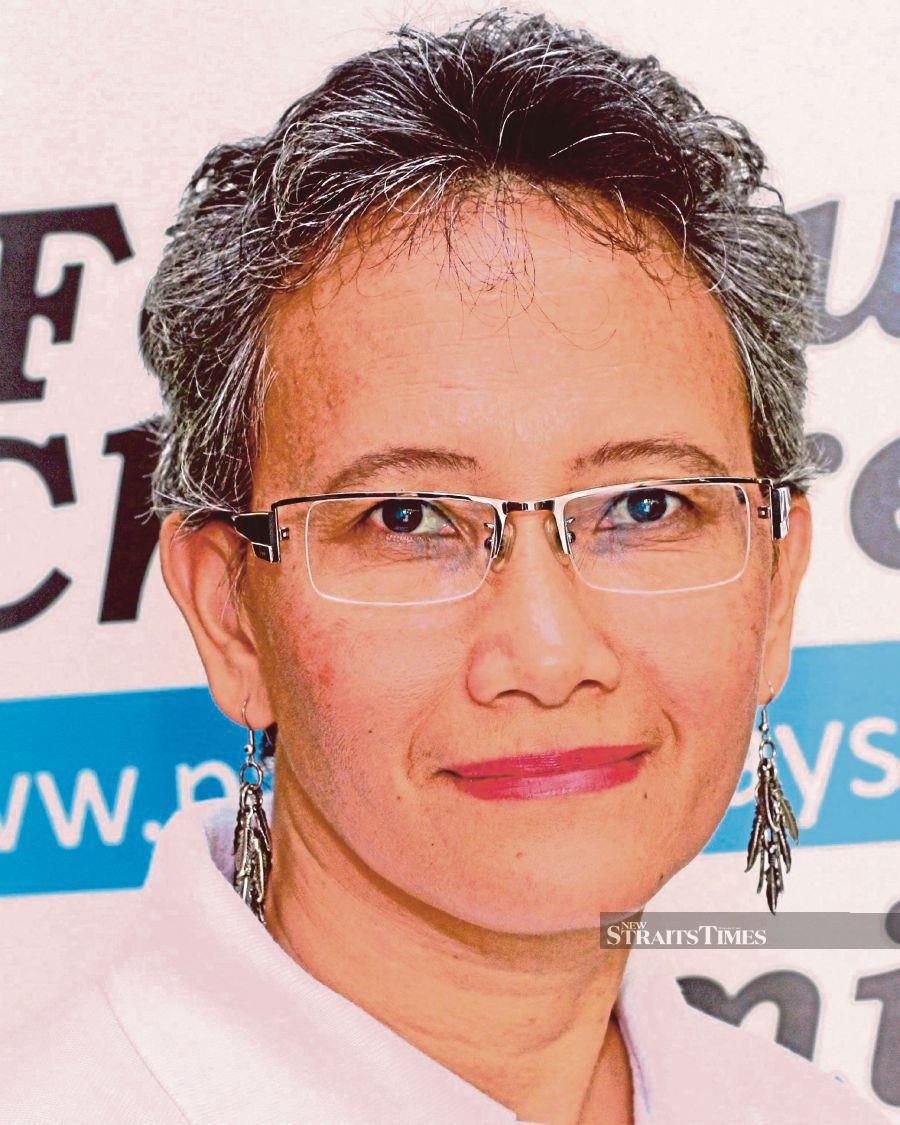
"As it is, teachers complain they do not have enough time to prepare lesson plans, attend classes, teach, assess, conduct activities, be present at courses and meetings, and complete their administrative duties.
"The government does not seem to realise that students have hardly had a decent education over the last two years. There are severe learning gaps that need to be bridged for students to attain the set standards and benchmarks.
"Yet the government has allowed politics to come into the realm of schools when it is the most crucial time for students to catch up before there is no more time to do so and be forever left behind.
"Parents only want the best for their children. We want dedicated, genuine and sincere teachers who are willing to hold the hands of our children as they learn. We do not want politician wannabes who treat our children as stepping stones."
Malaysians also took to social media to share their concerns over the matter.
Norhisham Ahmad tweeted: "Has the government really deliberated the consequences of letting teachers get involved in politics? Even now, you are having a tough time where some teachers are brainwashing students with certain political ideologies."
"This could become a propaganda tool for certain parties to get youth support," Anwar Reza wrote.
Another netizen, Cedric, said "politics should not be mixed with education until university level".


